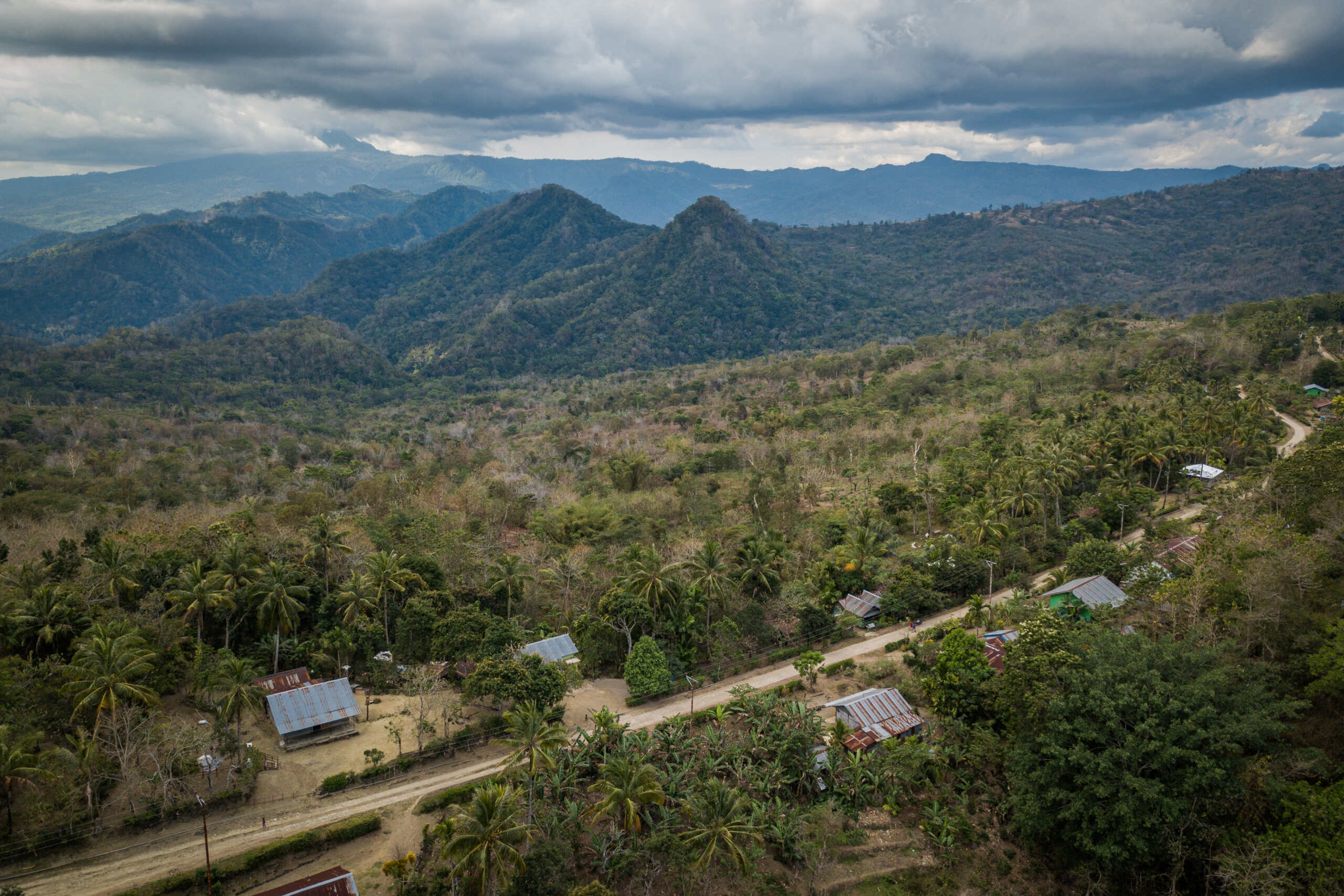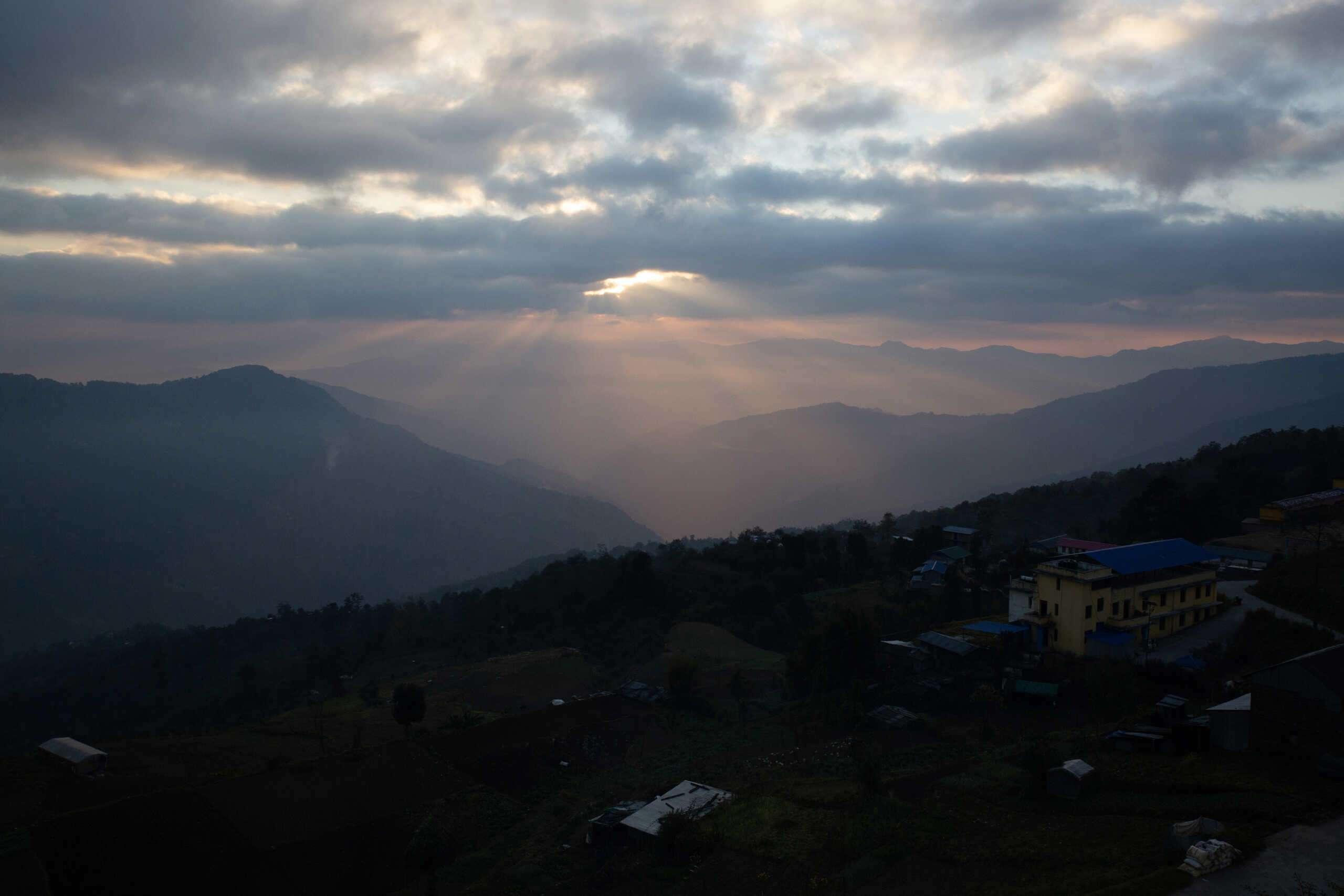World Mental Health Day 2021
Stories | January 19, 2022
The impact of the Covid-19 pandemic on the way we work, the way we live and the way we connect with loved ones has highlighted the importance of ensuring people experiencing mental health conditions have access to holistic and effective support systems.
Even prior to the pandemic, mental health conditions were on the rise worldwide. Across the decade to 2017, there was a 13 per cent increase in mental health conditions and substance use disorders.
About one in five children and adolescents around the world, and about the same number of people in post-conflict settings, experience a mental health condition.
People with disabilities are among the groups most vulnerable to mental health conditions. According to the Australian Institute of Health and Welfare, 32 per cent of adults with disabilities experience high or very high levels of psychosocial distress compared to less than 10 per cent of non-disabled people.
The theme of this year’s World Mental Health Day – celebrated on October 10 – is ‘mental health in an unequal world.’ This is particularly relevant to CBM’s work supporting people with disabilities, including mental health conditions and psychosocial disabilities, in some of the poorest parts of the world.
Around 80 per cent of people with disabilities live in low income or developing countries where factors such as inadequate access to health care and education, unemployment and poverty can make them more vulnerable to mental health issues.
Mental health conditions and a lack of support can limit a person’s ability to live a healthy and productive life. It can impact their ability to access work, education, and community support, and often leads to poorer physical health and discrimination.
In Indonesia, CBM works with local partners to deliver a community-focused approach to mental health, including linking people to services, and supporting people living with a mental health condition. In the province of Aceh, about 200 people have been supported into jobs or home-based businesses to help them overcome the barriers caused by mental illness, and help them gain new skills and increase their confidence.
The success of CBM’s approach can be seen in stories like that of Desty, a young woman in her mid 20s living in rural Indonesia. Desty has a psychosocial disability and thanks to the confidence she gained through CBM-supported projects, she now serves as an advocate to speak up for and support other people in her community experiencing mental illness.
As part of her work challenging prevalent stereotypes about mental illness, Desty volunteers with local schools and encourages her colleagues and members of her community to help others experiencing mental health conditions.
Last year, a survey conducted by the World Health Organisation showed that services for mental health, neurological and substance abuse disorders have been significantly disrupted during Covid-19.
All people with mental health conditions and psychosocial disabilities deserve the opportunity to enjoy their human rights and achieve their full potential.
CBM’s mental health work – focused on the goals of a world where people with mental health conditions and psychosocial disabilities can participate meaningfully in their communities and have access to effective services and supports – has never been more critical.
Download and share our toolkit to learn more about the mental health challenges faced by people with disabilities living in poverty
You can support our work to ensure that more people with disabilities and mental health issues can access the support they need. A donation to CBM’s Mental Health programs will support a number of projects focusing on reducing stigma and discrimination. We work to increase access to medications and psychological support and aim to bring about long-lasting change to benefit the lives of those challenged with mental health concerns.
CBM acknowledges the support of the Australian Government through the Australian NGO Cooperation Program (ANCP)
https://www.cbm.org.au/stories/world-mental-health-day-2021
Related Stories

Week 2 – Lent series 2026
As we continue our Lent journey, we’re grateful to share a heartfelt reflection from CBM Australia’s Head of Program Impact Operations, Kieran Cummins, who...

Building inclusive, climate resilient communities in Bangladesh
Highlights from DFAT Post’s visit In January 2026, representatives from the Australian High Commission in...

Week 1 – Lent series 2026
As we enter the season of Lent, we’re taking time as a community to pause, reflect, and draw closer to the heart of God. Lent invites...
